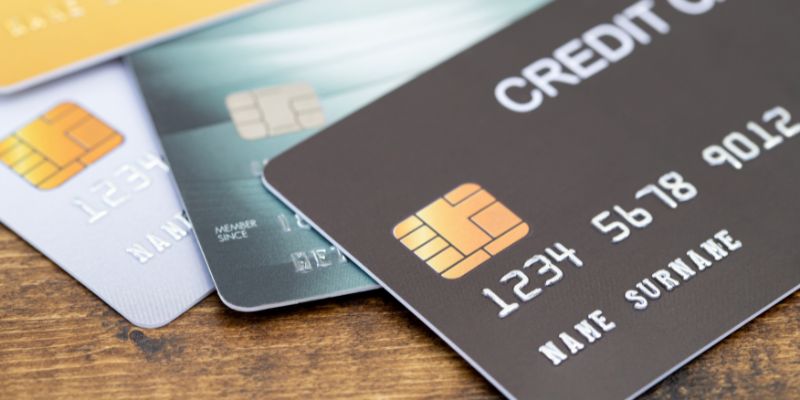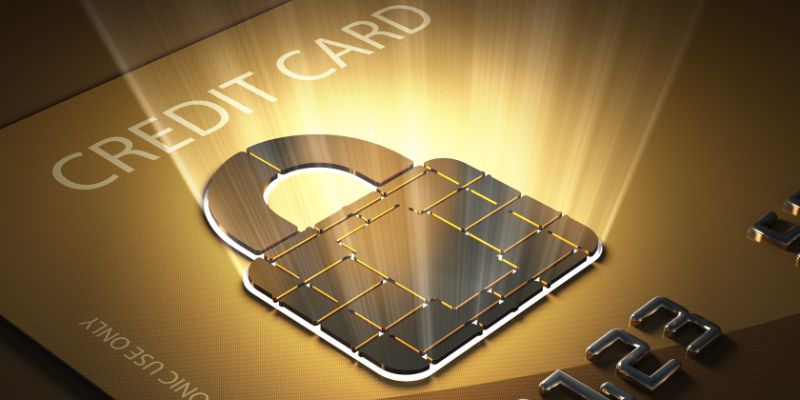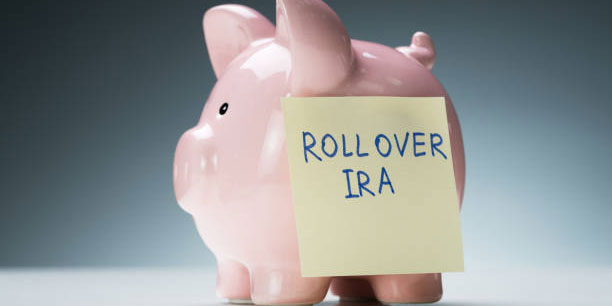If you close a credit card account, the debt ratio to available credit may decrease, positively or negatively affect your credit ratings. You may get your debt-to-credit utilization ratio by summing up your debt and available credit. The ratio of debt to credit can be calculated in this way.
Lenders and creditors prefer it when your total debt is a smaller percentage of your available credit. The duration of your credit history, another component in determining credit ratings, could be affected if you closed a credit card account you've had for a while. Lenders prefer it when borrowers have proven themselves capable of managing multiple accounts reliably over time.
Credit scores can be hit when long-standing credit card accounts are closed, even in excellent standing. Are you wondering, "is it bad to close a credit card with zero balance? Get to know this all through this helpful guide.

Is It Bad To Close A Credit Card?
It is tempting to cut up a credit card if you keep your spending in check, especially if you have several cards. But, there are several instances in which this action can damage your credit rating.
Your credit score is based on different factors, including the average age of your open accounts, your credit utilization ratio, and the sorts of credit accounts you have. The sum of these parts is your FICO credit score, named after the company that developed the widely used scoring model. Many factors may be affected when a credit card account is closed.
Still, wondering how bad is it to close a credit card? While Closing a credit card may seem like a good idea if it means never worrying about accumulating more debt. While cutting down on your utilization rate, canceling your cards will also erase your credit history, negatively impacting your score in the "length of credit history" area.
Is It Bad For Your Credit To Close A Credit Card?
You may be thinking about closing your credit card for various reasons. You can attempt to reduce your revolving credit card debt. Or perhaps you have stopped using that particular card.
Regardless of your objective, there is one question you might consider. Is it bad to close a credit card account? Credit scores may drop after closing a credit card account, but the exact amount of damage is difficult to predict. That's because your credit scores also consider how long you've had credit and whether or not you've always paid on time.
Your specific situation will determine how much, if any, of a change there will be to your scores after you cancel a card. But, if you close a credit card but otherwise utilize credit responsibly, it shouldn't substantially influence your credit ratings.

When Not To Cancel A Credit Card?
There are also several cases in which you might wish to hold off on canceling your credit card. If, for example, your credit score is already low, you should probably wait to close an account so as not to lower it even further.
You may also need to hold off on closing any credit card accounts if you have a big balance on your other cards. Canceling a card, especially with a large credit limit, can significantly impact your credit usage rate, hurting your score.
In this case, it may be best to pay down your other card balances first. Carefully consider which credit cards you wish to cancel. Avoid canceling the credit card you've had the longest, as doing so can shorten your credit history and hurt your score.
How To Close An Unused Credit Card?
Ensure you have paid off your most recent statement or moved the balance to a different card before notifying the issuer, which can be done over the phone or in writing. You can't cancel a card by breaking it up, stopping direct debits, or not using it, as this could result in payments not being made and a default being issued.
Your provider may send you a letter stating they plan to close it unless you respond If you haven't used your card. When you notify a card issuer that you wish to cancel your card, they may try to talk you out of canceling by offering you rewards or a new card.
Some customers may call specifically to bargain for a lower price. Do think about the bonuses, but if you're sure you want to cancel your card, go ahead and do it.
Credit Card Cancellation Alternatives
You can fix the problems that made you want to cancel the card if you decide your credit should keep it open. If your credit card has an onerous annual fee, call its issuer to see if they'll reduce or waive the price. Some credit card companies are prepared to go to such lengths to keep their cardholders happy.
If keeping the card makes you nervous that you will use it irresponsibly and run up more debt, you should put it away somewhere secure or freeze it. Several credit card providers allow you to "pause" your account, which means it is temporarily inaccessible to you but not to anybody else.
Contact the issuer's help desk and inquire about this possibility. Keep the card active by making a little purchase once a year or a tiny recurring monthly fee if you don't want to cancel it because you don't use it often.
Conclusion:
While each person's financial circumstances are distinct, it's always wise to weigh all of your options before cutting up a credit card. Before making any major purchases, checking your credit score and credit use ratio is a good idea. Yet, prioritizing your financial well-being means making decisions in your best interest. The good thing is that your credit score will probably not drop if you close an account.




